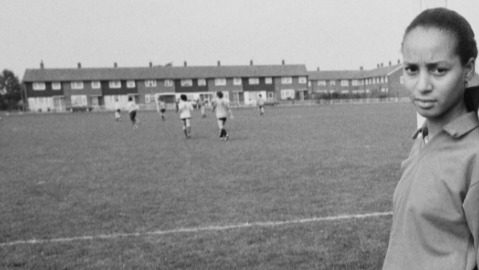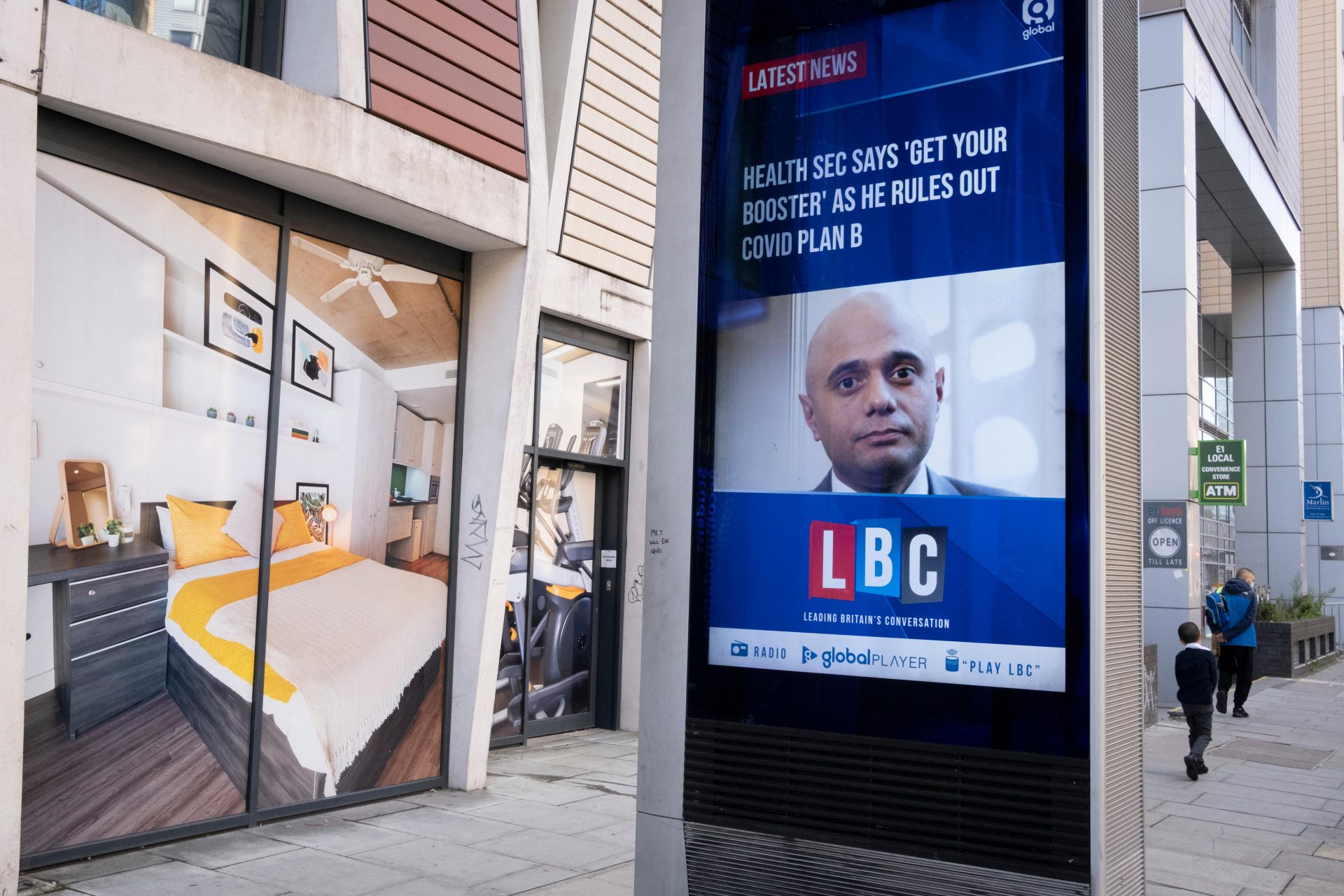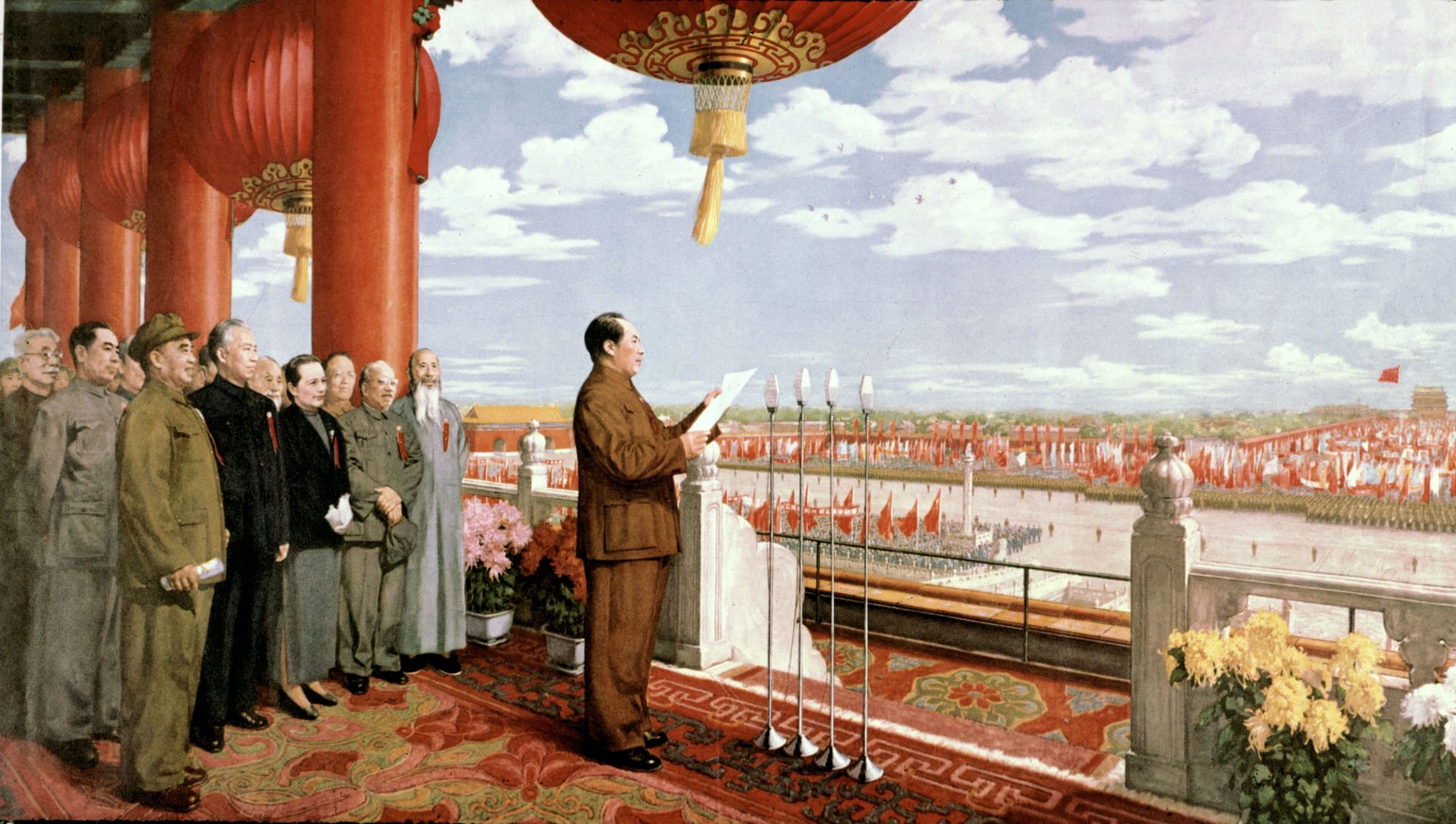Think Frank Lampard the player, Bobby Robson the manager, and you’re in the same ballpark of impact Hope Powell has had on the English women’s football game.
Powell can lay claim to being the most influential figure in the nascency of a game that will inevitably grow into something beyond the wildest dreams of the little girl pretending to be Kevin Keegan in the council estate football cages of 1970s south London. “Playing football. It wasn’t something that was seen as what young, Black girls do,” she told The Guardian recently. But play football she did. Aged 11 she made headlines for being banned by the FA’s stuffed shirts from playing for her school team. Instead, she signed on with Millwall Lionesses, at the time the pre-eminent women’s football team in the country. She went on to become their record goalscorer.
Powell made her first appearance for England as an attacking midfielder aged 16. In 66 appearances for England, she scored 35 goals (plenty more than her idol Keegan ever did) and reached the final of the 1984 women’s Euros, where they were beaten by Sweden on a pitch in Kenilworth that looked like a Jeremy Clarkson ploughed field.
Powell went on to become the first woman in history to gain the Uefa pro coaching licence, the game’s highest qualification, and set about, as newly-installed manager of the national team, turning the England women’s game from a shambolic under-invested organisation into a model for progress. This included having to argue with the FA for the provision of footballs; not a battle one suspects Gareth Southgate has ever faced.
Sacked after a poor showing in the 2013 Euros, Powell turned to club management, taking the reins at Brighton and Hove Albion women’s team, making her the only Black manager in the Women’s Super League today.
“I have to do this well. For myself. For women. For Black people. I have to be the best I can be,” she said about her passion and drive for both the game and what she herself represents. In recognition of her services to football, she was awarded the CBE. It’s hard to imagine the future generations of women players of all colours and creeds who owe a debt to Hope Powell.



